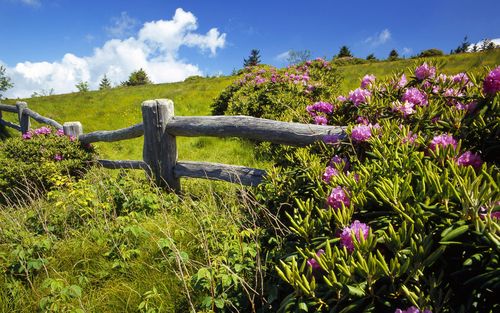Mapping Our Roots: Preserving the Gullah Geechee Cultural Heritage Corridor
The Gullah Geechee Cultural Heritage Corridor stretches over 12,000 square miles spanning the coast of North Carolina to northern Florida. It is a unique cultural landscape that embodies the rich history of enslaved African Americans who made their way to the United States through the trans-Atlantic slave trade.
The Gullah Geechee people are a distinct group of African Americans who have preserved their African cultural heritage through their language, art, music, food, and spirituality. The corridor is a testament to their resilience and strength, preserving their history and culture for future generations to learn from and appreciate.
The preservation of the Gullah Geechee Cultural Heritage Corridor is crucial to understanding and appreciating the history of African Americans in this country. It serves as a reminder of the painful past of slavery and the contributions of African Americans to the growth and development of this country.
Through the cultural preservation efforts of the Gullah Geechee people, the corridor has become a national treasure. It is an example of how cultural heritage can be preserved and celebrated, not just for the Gullah Geechee people but for all Americans.
The Gullah Geechee Cultural Heritage Corridor is not just a place to visit or a tourist attraction; it is a living cultural heritage that needs to be protected and celebrated. The preservation of the corridor is an ongoing effort that requires the support and collaboration of all stakeholders—government agencies, private organizations, and local communities.
In conclusion, the Gullah Geechee Cultural Heritage Corridor is a unique cultural landscape that embodies the rich history and culture of enslaved African Americans. It is a testament to the resilience and strength of the Gullah Geechee people who have preserved their African cultural heritage for future generations to learn from and appreciate. The preservation of the corridor serves as a reminder of the painful past of slavery and the contributions of African Americans to the growth and development of this country. We must all work together to protect and celebrate this living cultural heritage for today and for future generations.
(Note: Do you have knowledge or insights to share? Unlock new opportunities and expand your reach by joining our authors team. Click Registration to join us and share your expertise with our readers.)
Speech tips:
Please note that any statements involving politics will not be approved.
